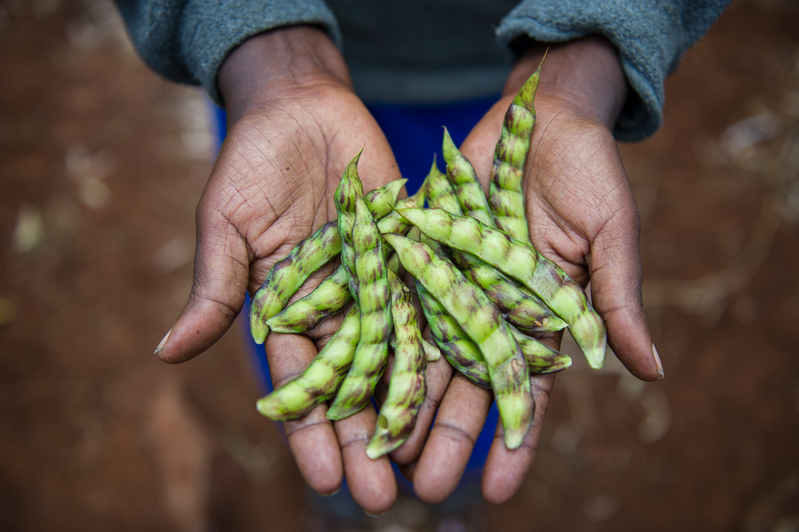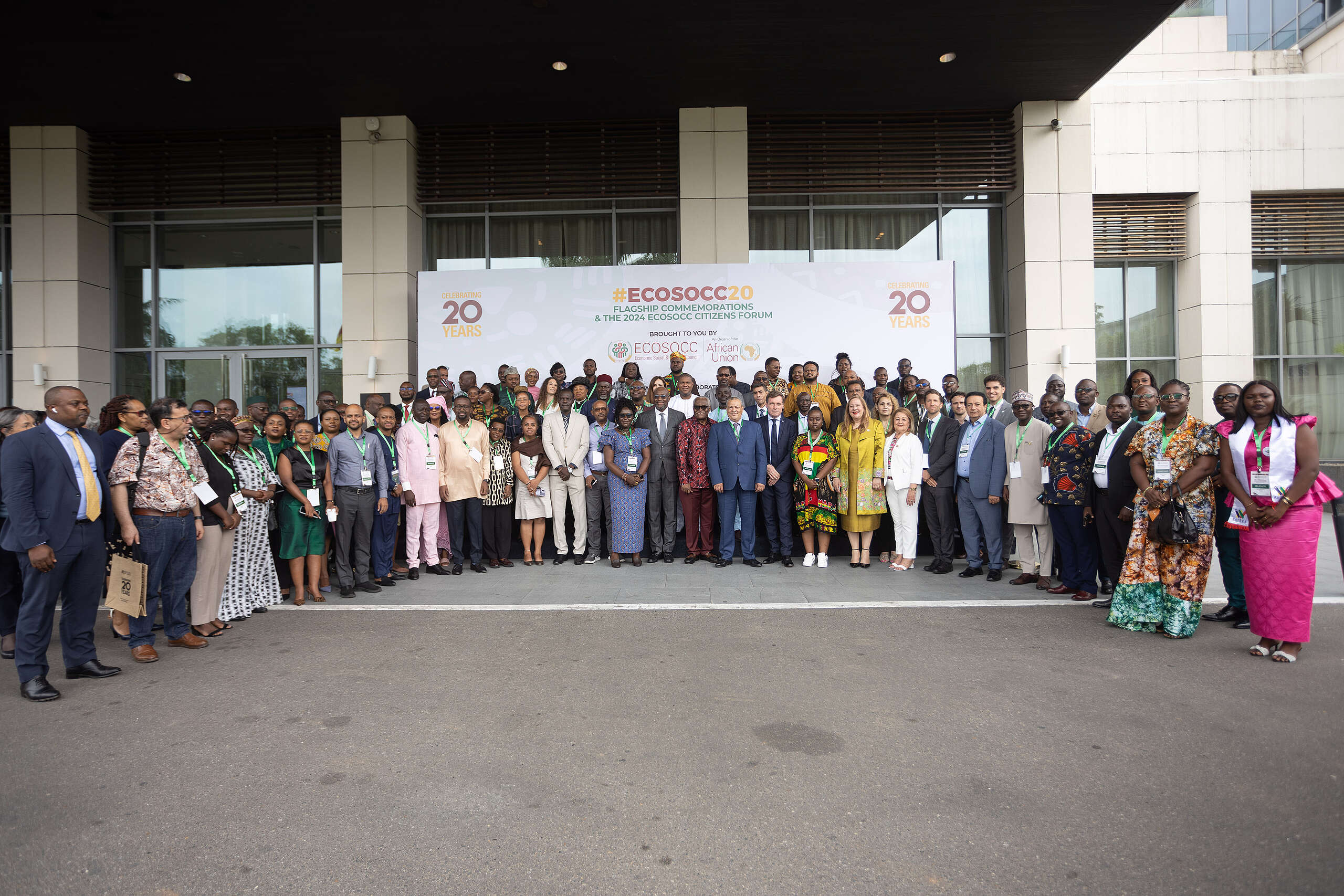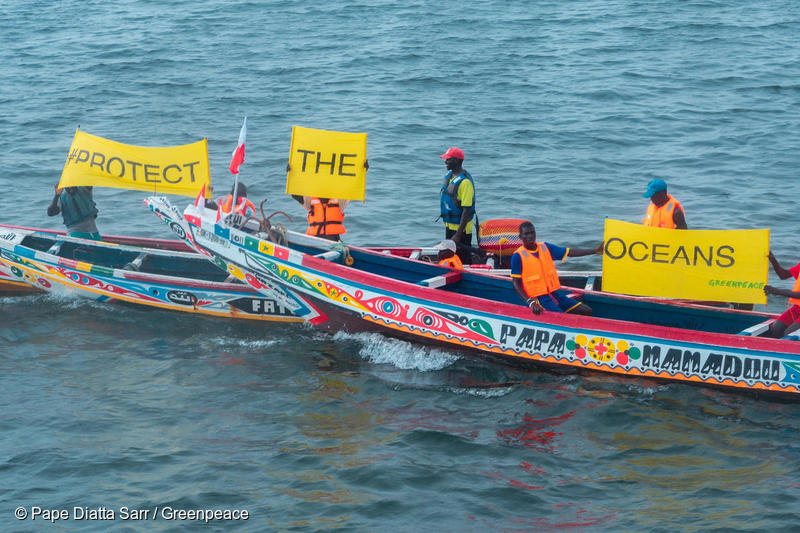COVID-19 and the recurrent extreme weather events caused by the climate crisis have exposed the underlying weaknesses in Kenya’s food system. This has renewed calls for policy adjustments to enable strong local food systems. In response, the government has put in place various reactionary measures. The recent one being a ban on imported sugar and suspending sugar importation trading licenses to control the influx of cheap sugar. Earlier, in reacting to the COVID-19 challenges and the climate crisis that has been affecting small-holder farmers and Kenya’s food security for a long time, the Kenyan government set up various plans and policies. These plans include coordinating food aid distribution to low-income citizens and importation of maize to supplement the projected deficit. However, these measures don’t seem to address the root causes of Kenya’s broken food system.
To curb the spread of COVID-19, the government put in place restrictions on movements. Restrictions on movement meant that farmers could not access farm inputs such as seeds from agricultural stores normally located in major urban centres. This was happening at the time when the rains had come and it was ideally a planting season. What this exposed was the current overdependence of Kenya’s food system on industrial agricultural practices. That farmers could not access farm inputs as a result of restrictions in movement indicates that Kenya’s food system built on industrial pillars is not efficient. However, while small-holder farmers were facing challenges and restrictions in movement, businesses that have for a long time benefitted at the expense of farmers have been acquiring clearances to continue the movement. This has led to large food actors to continue benefiting while farmers suffer the impacts of the pandemic and its restrictions.
The closure of markets including farmer markets has meant that many farmers, majority of which lack refrigerated food storage facilities face significant losses. In addition, closure of borders and failure of regional import and export duty exemption has compounded the challenges faced by farmers. Consequently, people have had to depend on ‘formal’ food stores supplied by large food actors who have clearance to movements for the supply of foodstuffs. High unemployment rates in Kenya and strong restrictions imposed on movement and livelihood generation has seen many households go without food. COVID-19 restriction measures and its policies have preserved the very premise that the Kenyan food system is built on; industrial orientation. This has worsened the food security situation with many families falling from food insecurity to hunger.
The current policies aimed at achieving food security in Kenya are not aligned with the everyday lived realities of Kenyans. COVID-19 and the recent floods have laid this bare. This calls for stakeholders in the Kenya food architecture to ask deeper policy questions. Extreme weather events such as floods and droughts caused by climate change continue to affect Kenya’s agricultural productivity. Beyond the reactionary measures that the Kenyan government is used to employing during periods of crisis such as providing short term food relief, there is a growing concern and need for setting up plans and policies that will ensure sustainability and stability of food production and distribution systems.
For instance, passing policies that promote a shift towards agro-ecology and food sovereignty, setting up and managing local food storage capacity and improving local infrastructures to enable easy access to local markets by farmers will help strengthen Kenya’s local food system. Investing in education programs that value and support indigenous knowledge will control overdependence on industrial agro-inputs. There is a need for government led efforts in promoting farmer to farmer training to share and expand climate resilient agricultural practices. Support for programmes that implement on-farm participatory research is also needed. This could include strengthening and re-orienting public research and extension services to focus on small-holder farmers ́ needs.
However, it will be a misjudgement to assume that these policy and investment changes can be achieved without addressing the fundamental structures of inequality and approaches that effectively reinforce the domination of large food system actors such as those in the sugar industry. Mending Kenya’s broken food system can happen but, after structural systems of inequality and injustice that have put a disproportionate burden on the majority of Kenyans are addressed. This calls for meaningful engagement on the need to end structural inequalities. Local communities and farmers could utilize solidarity measures that they have recently employed in the face of COVID-19 to engage and challenge systemic issues that lead to food insecurity in Kenya.
Amos Wemanya,
Greenpeace Africa Campaigner





Discussion
Food policy is very tricky everywhere.
True indeed